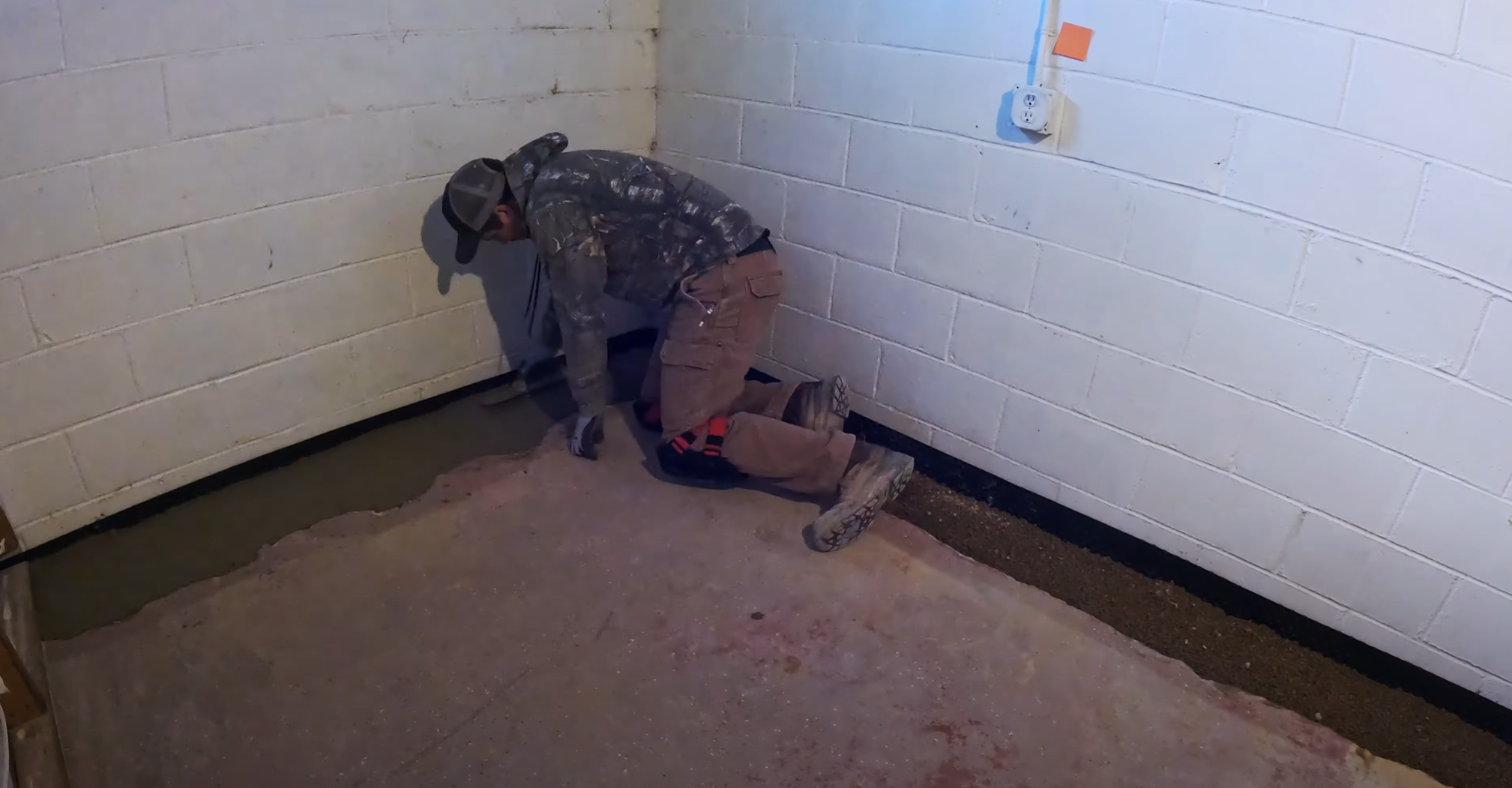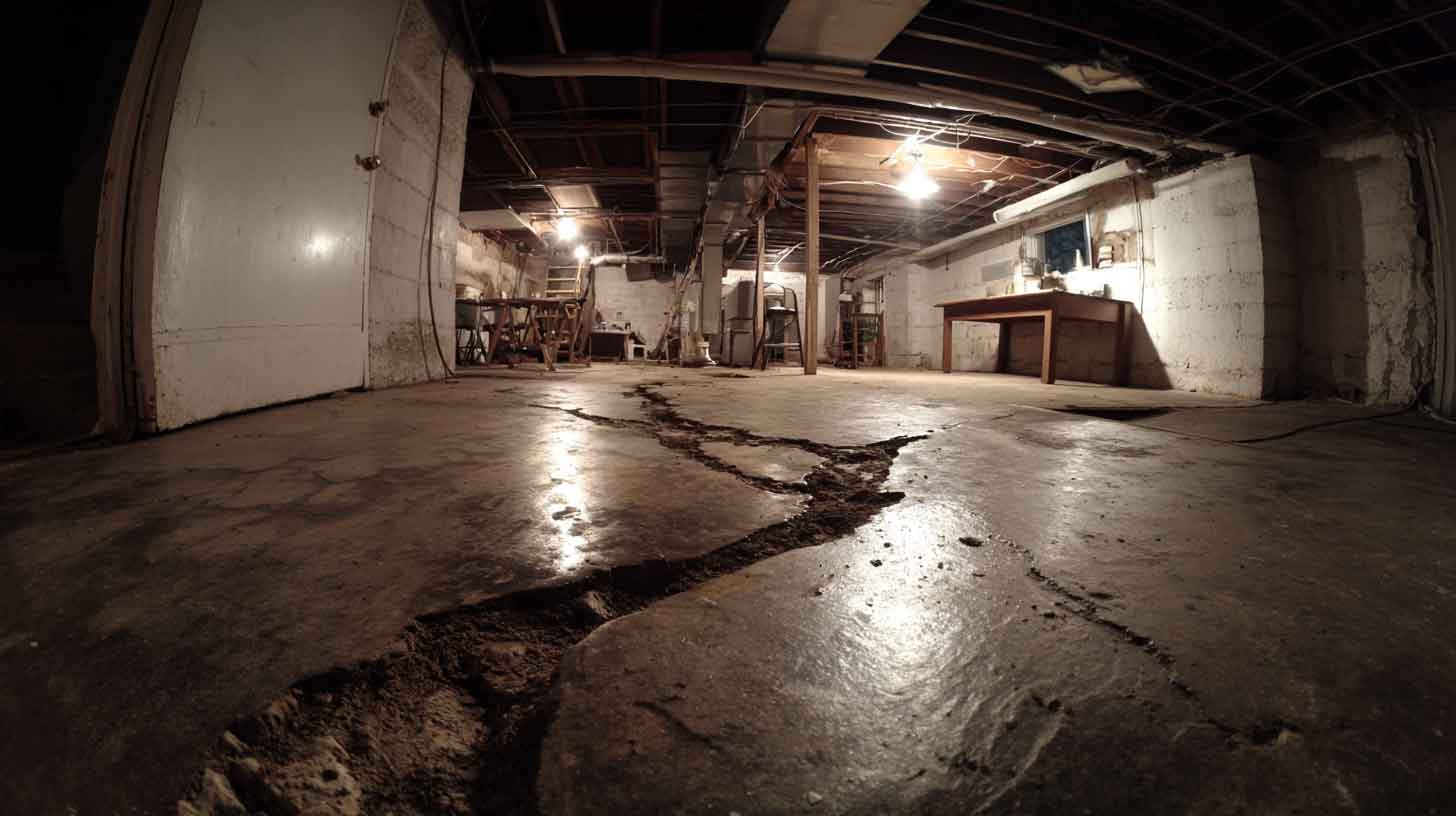
Basement Waterproofing & Foundation Resources
Check out our most recent articles on basement waterproofing.



Book Your Estimate
Book an Estimate
Ready to schedule an estimate?
Serving Since 1965
4.8/5 Google rating
Stabil-Loc Pros
We look forward to serving you!









































